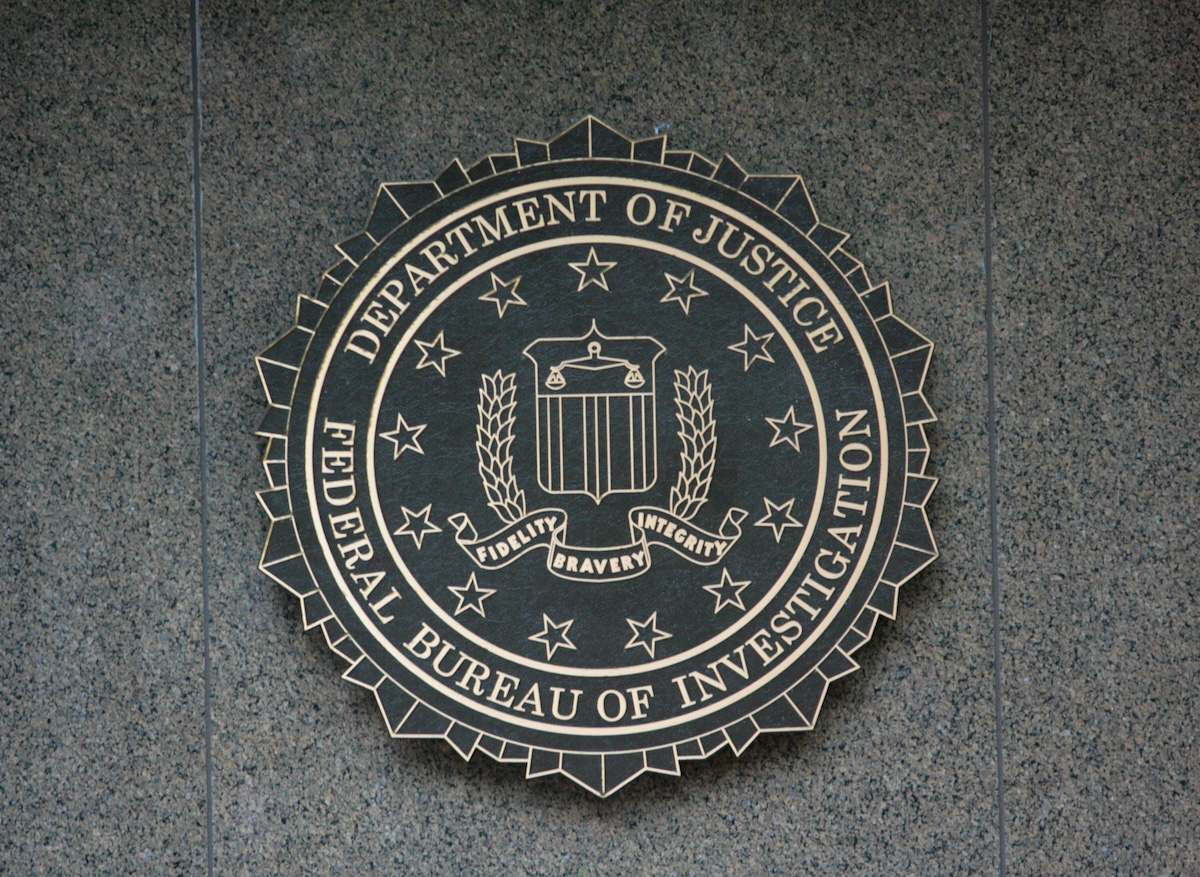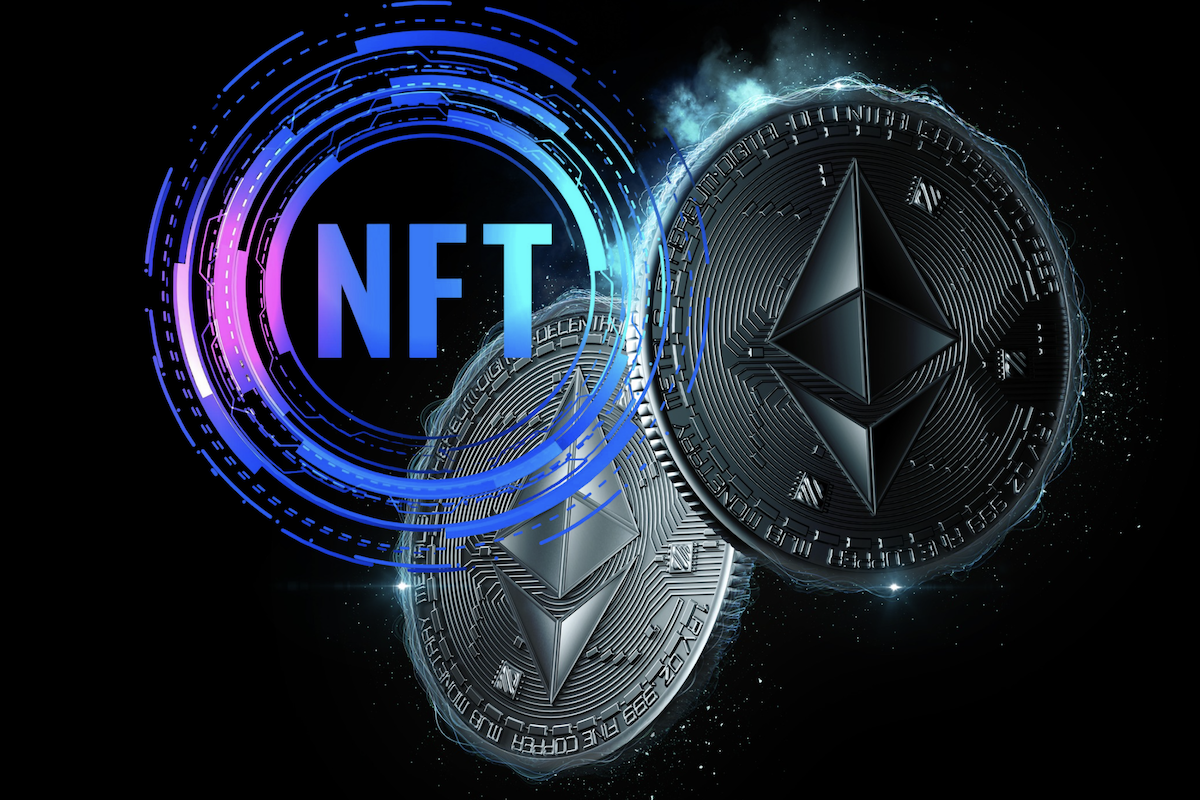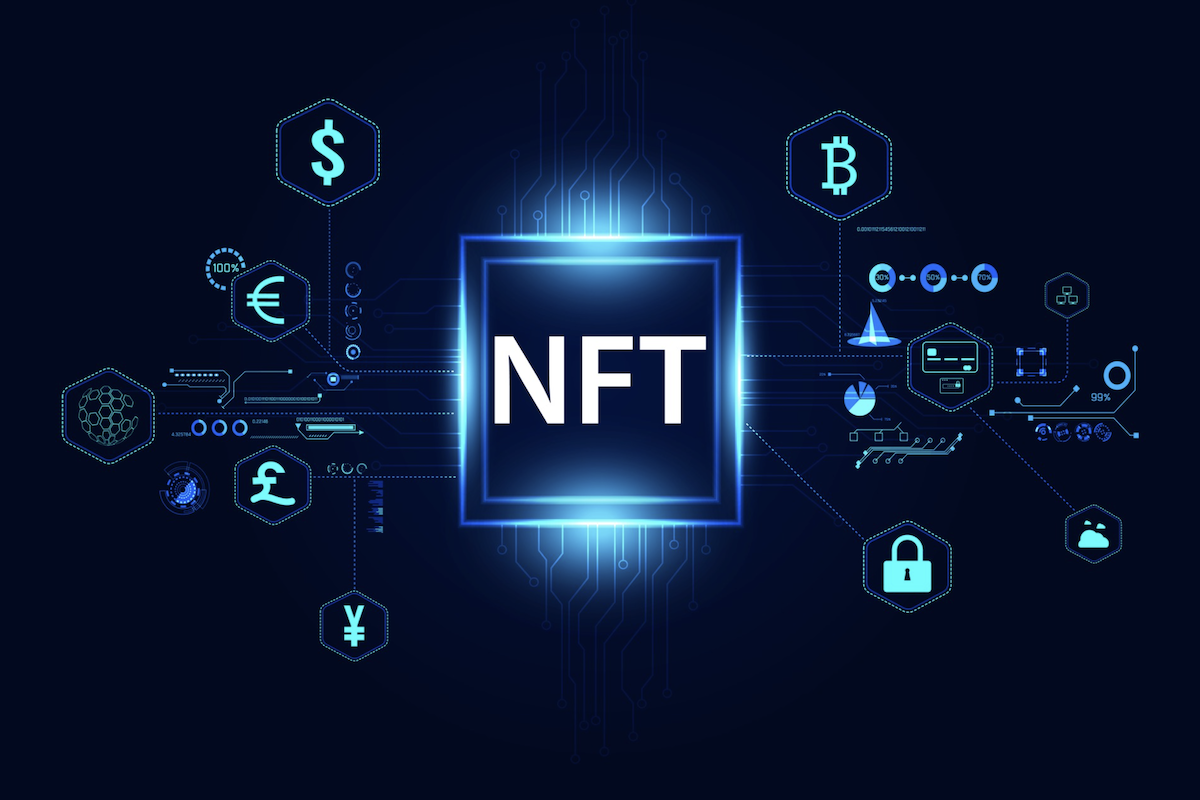We’re entering a new era of anti-piracy in the world of NFT's, the metaverse and Web3.
What has frequently been referred to as the “wild west” may not be so for much longer.
Following high-profile cases such as the HitPiece crisis, the anti-piracy era appears to be underway.
Last month HitPiece were targeted directly by the Record Industry Association of America (RIAA) for copyright infringement and received a cease and desist letter.
RIAA COO Mitch Glazier said: “Given how fans were misled and defrauded by these unauthorized NFTs and the massive risk to both fans and artists posed by HitPiece and potential copycats, it was clear we had to move immediately and urgently to stand up for fairness and honesty in the market”.
HitPiece swiftly shut down their operations after mounting pressure.
Also leading the piracy charge are the Italian music industry’s Digital Content Protection agency, whose clients include Universal Music, Warner Music, and Sony Music.
They recently announced that they will be switching their focus to NFT services, metaverse virtual worlds and other Web3 activities as part of its anti-piracy operations.
DcP CEO Luca Vespignani told Torrentfreak last week: “Basically, we crawl web 3.0 resources such as NFT markets, virtual reality platforms, and in-game platforms looking for unauthorized NFTs, bad actors and rug-pulls."
“After the monitoring, we either send a notice and takedown request or we compile a forensic archive of copyright infringement evidence, to support potential legal action."
All this will be music to the ears of artists and those who are selling good, honest, original NFTs.
DcP wasted no time in hunting down their first victim in the metaverse, a listing on the high-profile game Roblox.
The offending listing created a virtual space called Warner Music Venue and hosted unauthorized music events, charging its users with the platform’s Robux coin. The listing was promptly removed.
DcP appear to be the current leaders in anti-piracy dedicated to NFTs and the metaverse. They have since targeted and dealt with unofficial NFTs sold on the leading NFT marketplace, Opensea.
We have to think it's only a matter of time before other dedicated anti-piracy operations weigh in.
NFT marketplace Cent have already halted their own operations temporarily, citing rampant fraud.
The marketplace known for selling the 2.9m USD tweet (former Twitter CEO Jack Dorsey's first tweet) suspended all transactions due to spiraling cases of fraudulent activity.
Cent's CEO and co-founder Cameron Hejazi recently told Reuters there were three main infringements which were out of control: people selling unauthorized copies of NFTs, creating content that doesn't belong to them, and selling NFTs that represent a security.
Cent marketplace will surely return armed with more stringent anti-piracy protection. As for those selling fraudulent NFTs, it appears their days are numbered in this new era of anti-piracy in NFTs, the metaverse, and Web3.





